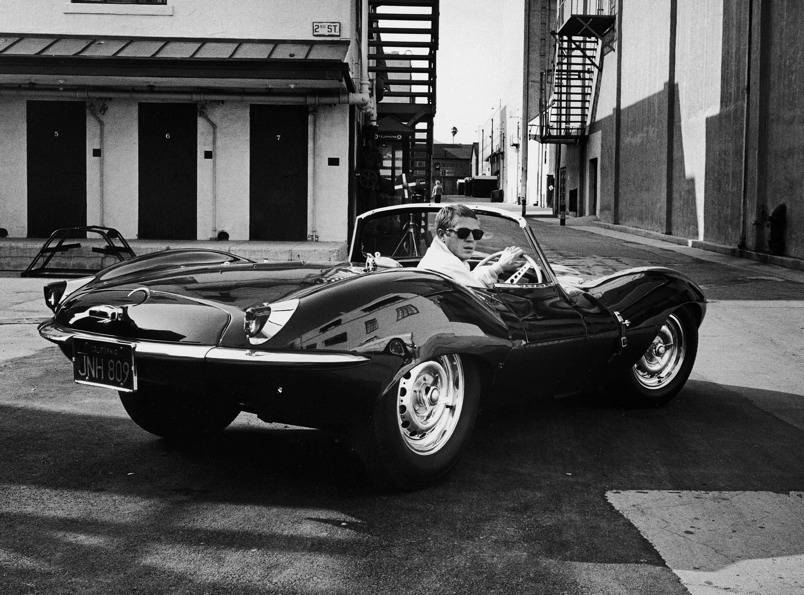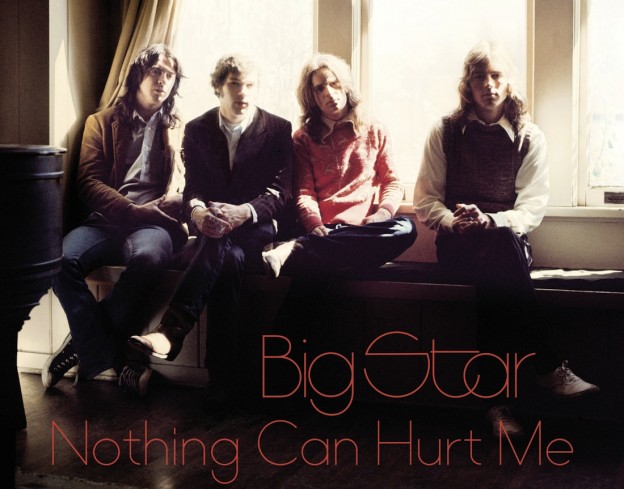Of all the legendary, cautionary tales of shoulda’ been contenders in Rock history perhaps none went on to have as profound an influence on future artists as Big Star. After all, the losers, beautiful or otherwise, are supposed to remain in the cut-out bins with a small but dedicated fan base of maybe a couple of hundred stalwart fans proudly fanning whatever flickering flame remains. But the funny thing about Big Star was that the couple hundred stalwarts who kept their flame alive after they never caught on the first time around were mostly rock critics and aspiring rock performers. And what happened in the intervening decades is that the music of Big Star, a truly lost band during the 70s, wound up being disseminated through a thousand music reviews and a thousand demo reels going forward to become something like an archetype, a touchstone for the entire Indie and Alternative Rock scene. It somehow became instant street cred to name check Alex Chilton and Chris Bell, to seek out the original vinyl of the band’s seminal albums back in the days where you couldn’t just hit up iTunes and own it in an instant, to lay down a ragged cover of “Back of a Car” during a gig. But beyond the entrancing complexity and slowly dawning greatness of their ostensible pop music, Big Star was also shrouded in mystery, with a lot of vague tales about record deals gone bad, mental illness and creative self-destruction. Which, of course, only added to their mystique. At long last, 2012’s comprehensive documentary, Big Star: Nothing Can Hurt Me, shines a light on the mysteries that beguiled and bedeviled their fans for so many years. It also proves yet again that all that retrospective adulation was well earned, however bittersweet their career trajectory.
Formed in 1971 by Memphis natives Alex Chilton and Chris Bell, the original lineup also consisted of drummer Jody Stephens (the only surviving founding member) and bassist Andy Hummel. Chilton was already well established, having been a teen sensation as the blue-eyed soul frontman for The Box Tops, a well-produced outfit that clocked several hits including 1967’s classic Billboard #1, “The Letter” (later covered to even more dramatic effect by Joe Cocker). Chris Bell was a local kid dreaming of the Beatles and pop success, as well as an outlet for all the achingly beautiful and earnest compositions swimming around in his head. The result of their intersection was Big Star and their debut album, #1 Record, an unusally accomplished masterpiece with roots in the singer-songwriter ethos of the 60s but leavened with the angular hooks of British invasion power pop and more than a pinch of the Velvet Underground’s sonic subversiveness. Cuts such as “In The Street” (later famously covered by Cheap Trick as the title song for That 70s Show), “Thirteen” and “When my Baby’s Beside Me” spin gold from conventional romantic youth rebellion through the freshness of their composition and the unabashed belief in the power of the 3-minute pop single. As drummer Stephens wryly observes in the documentary, it could be said that by choosing such audaciously cocky names for their band and debut album they were tempting the Rock gods, as well as showing confidence (or hope) in their endeavor. But knowing Chilton’s later oeuvre, the implicit irony of such grandiosity seems entirely intentional.
Despite being universally praised by rock critics and industry mags, 1972’s #1 Record went nowhere fast due to the vagaries of bad timing and worse distribution. Continue reading

